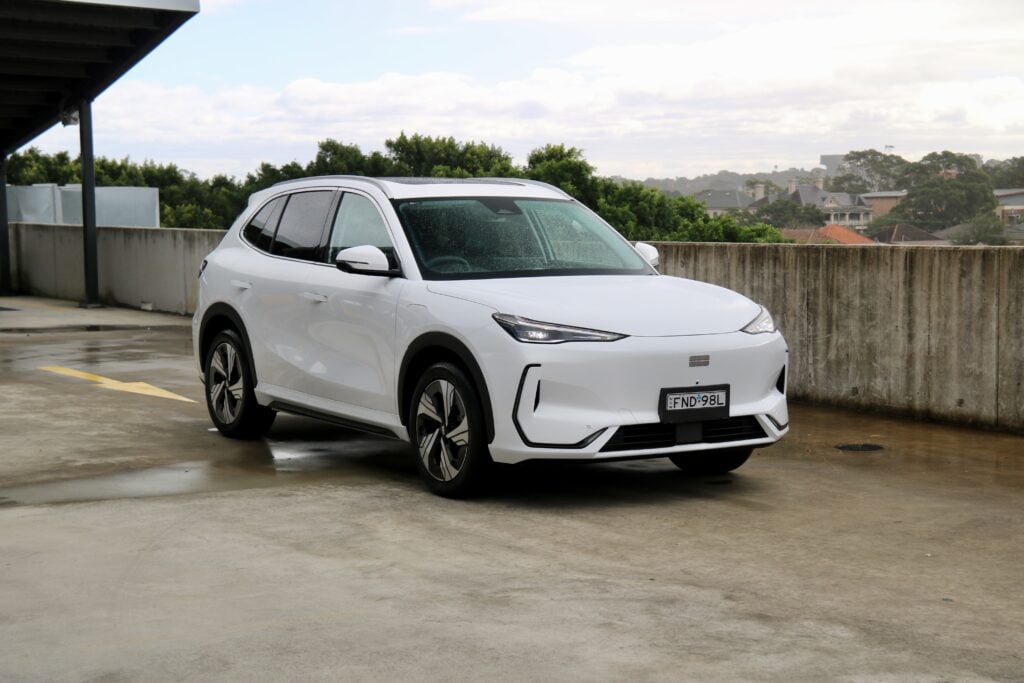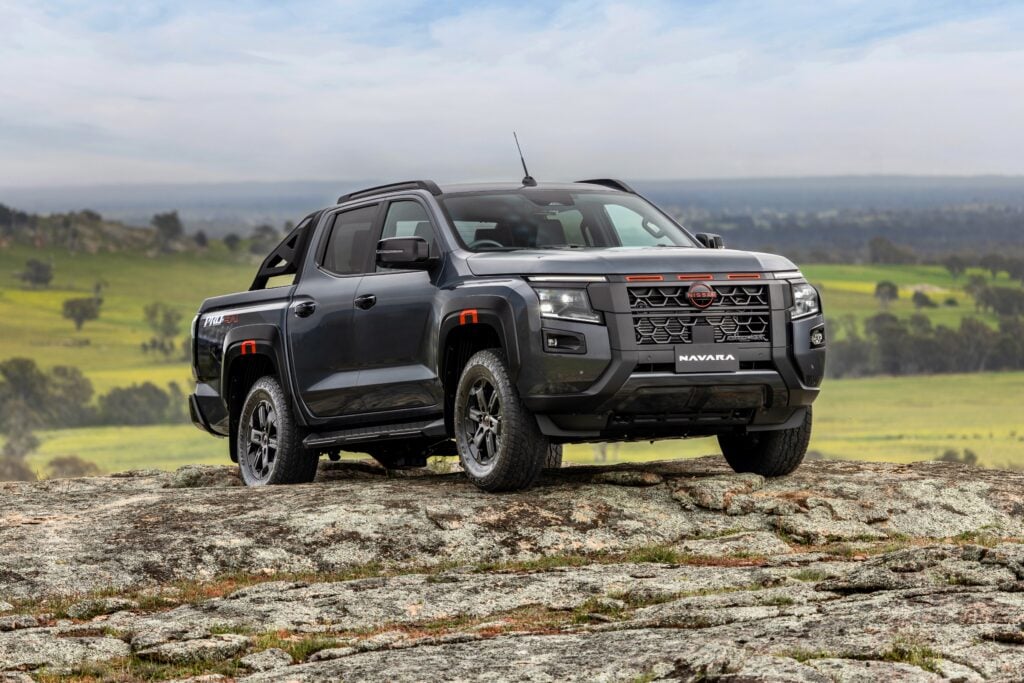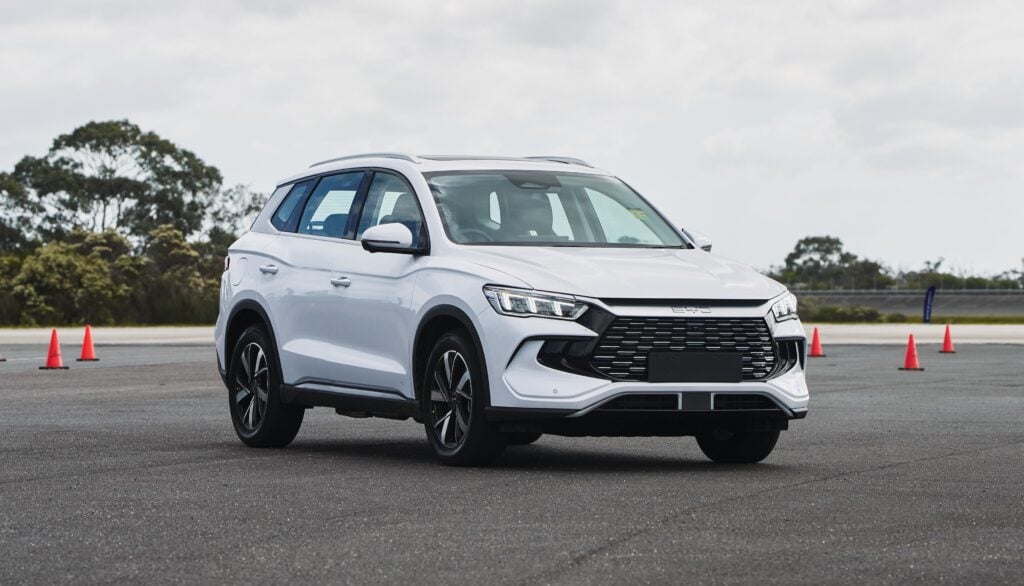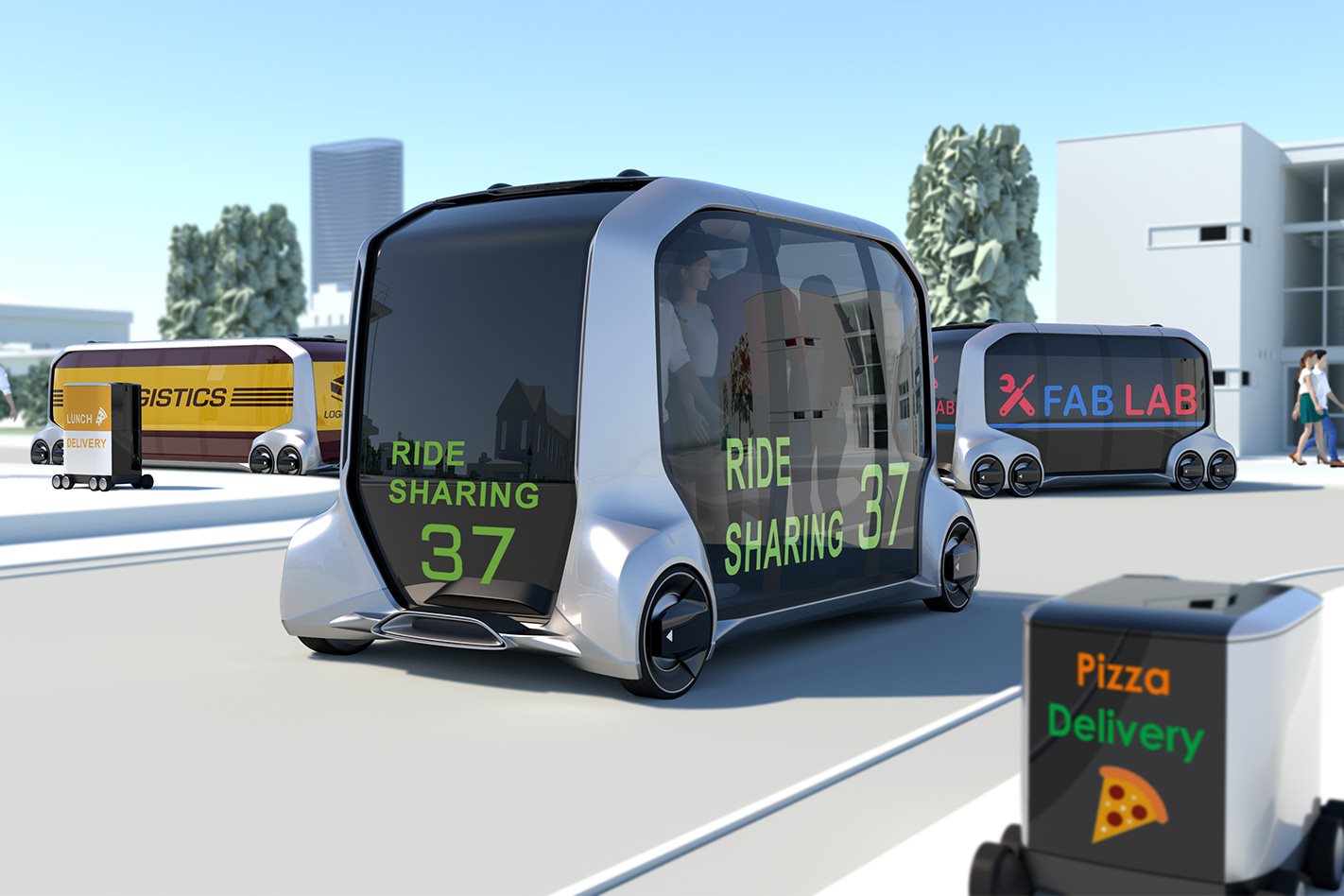
The Corolla, Camry and Kluger ride-share cars of the not-too-distant future may turn up on your doorstep without a driver, if Toyota has any say in it. Toyota today officially announced that it will invest US $500 million into Uber Technologies and work with the ride-sharing company to hasten development of its own autonomous driving tech.
The Japanese auto giant has until now been conservative in its approach to autonomous driving, preferring instead to focus on driver assist systems rather than developing a truly self-driving car. This new deal with Uber, however, is a significant shift in that strategy.
“Combining efforts with Uber, one of the predominant global ride-sharing and automated driving R&D companies, could further advance future mobility,” said Shigeki Tomoyama, executive vice president of Toyota.
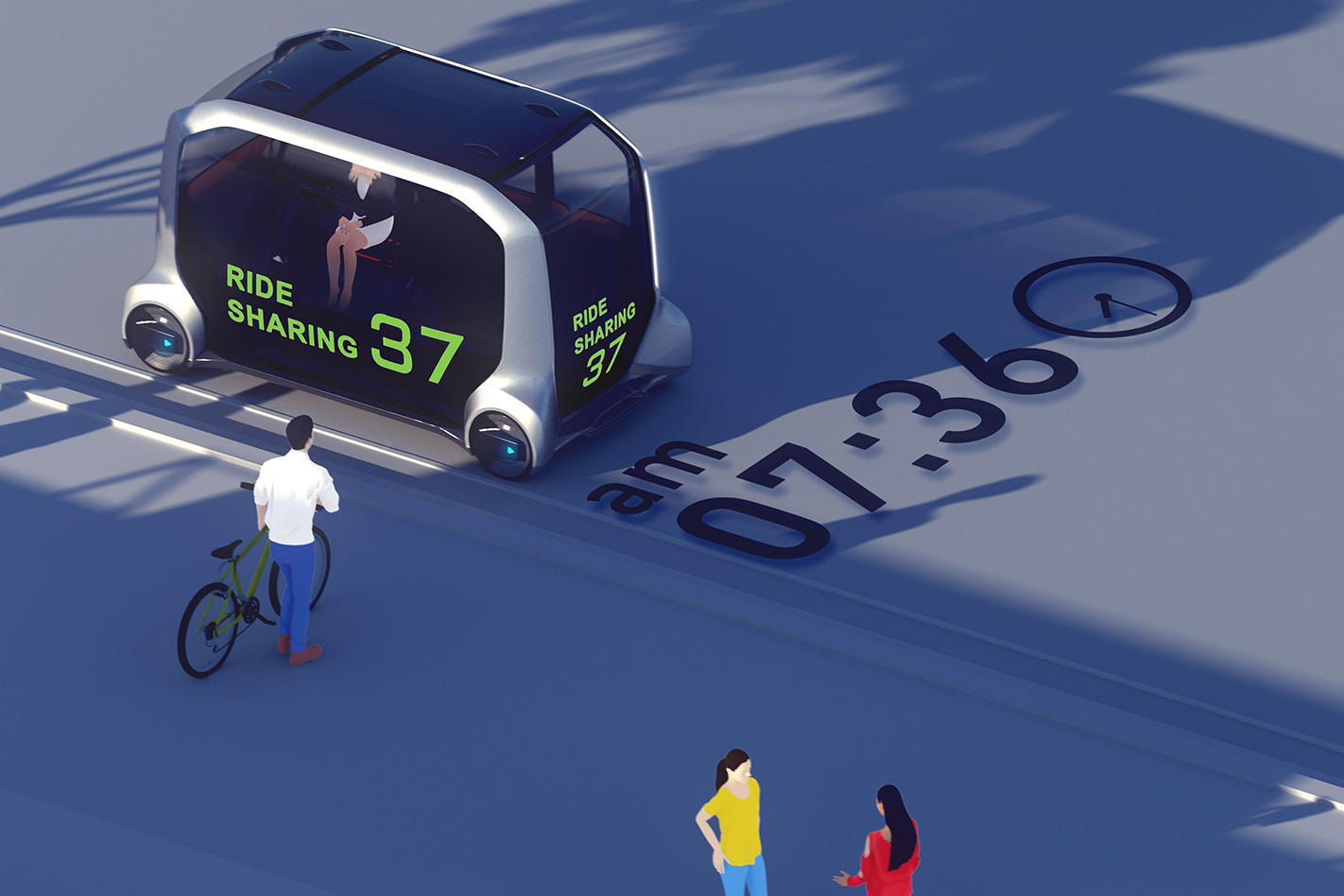
Reading between the lines, Toyota’s investment in Uber could also insulate the world’s largest carmaker against a potential decrease in car ownership as the ride-sharing sector matures. If fewer people are buying cars due to the greater convenience of simply hailing an autonomous vehicle from a phone app, then Toyota wants to be the one supplying vehicles to the world’s ride-sharing fleets.
It’s an idea the carmaker has toyed with already in the form of its e-Palette concept, revealed at the start of this year at the Consumer Electronics Show in Las Vegas.
Under the deal Uber will supply Toyota with its autonomous driving technology, which will be tested on a number of Toyota Sienna minivans. The tech will work alongside Toyota’s existing ‘Guardian’ driver-assist suite, which uses a range of radar and optical sensors to reduce the chance of a collision.
Toyota won’t say how long it will be until the company’s autonomous ambitions transition from experimental to showroom-ready. According to some commentators, we shouldn’t hold our breath.
Speaking with The Australian, Richard Young, a senior associate at technology consulting firm Beca Group, said the automotive industry is fixated on developing autonomous vehicles but isn’t necessarily considering whether they’re the best fit for modern society.
“They’re blithely accepting we’re all going to have these autonomous electric vehicles in 10 years’ time, but I don’t see the evidence for it,” he said.
“The challenge with autonomous vehicles is they either have to be absolutely foolproof – that is, no steering wheel – or they’ve got to say, ‘this stuff is there to assist’.”
Beyond that, there are also the legal concerns surrounding autonomous vehicles. A Volvo test car operated by Uber as part of its autonomous vehicle trial killed a pedestrian in March, and while the inattention of the human ‘failsafe’ on board was deemed a contributing factor, the incident highlighted that the technology was still far from foolproof.
Have your say: Would you happily climb aboard a driverless car, or do you struggle with the idea of giving up control of a vehicle to a computer? Tell us below.

